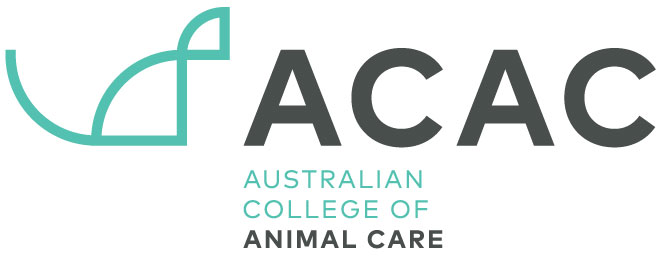Guide to Plagiarism, Research and Referencing
COLLUSION
ACADEMIC HONESTY
What is Plagiarism & Why is it Important to Avoid?
What is Collusion & Why is it Important to Avoid?
How do I Ethically Use AI in my Study?
Can Students Use AI to Assist With Study and Assessments?
Strategies for Avoiding Plagiarism
Research
What is Research and Why is it Important?
What Should You Avoid When Researching?
Referencing
What is Collusion and Why is it Important to Avoid?
Collusion happens when you work with someone else on an assignment in a way that goes beyond general help, leading to work that is not entirely your own. This is different from correctly citing another person’s opinions or research—collusion means presenting another person’s knowledge, work, or experience as if it were solely yours. Like plagiarism, collusion is considered academic dishonesty.
Why is Collusion a Problem?
Collusion is a form of academic misconduct because:
- It reduces learning opportunities, as completing work independently is an important part of developing skills and knowledge.
- It blurs the line between independent work and shared work—your assessments should reflect your own understanding and effort.
- It creates unfair advantages, as not all students may have access to expert help.
Examples of Collusion
- Getting direct help from someone without crediting them – If an expert (e.g., a specialist surgeon at your workplace) helps you with your assignment, you must acknowledge their contribution. This ensures their knowledge is credited properly.
- Working too closely with a friend or colleague – If you and a classmate discuss an assignment and submit very similar work, it may be considered collusion. While study groups can be useful, your final work should be written independently.
How to Correctly Use Another Person’s Knowledge
If you include insights from a knowledgeable person, you should:
- Use quotation marks when directly quoting their words.
- Include an in-text citation to acknowledge their contribution.
- List them in your reference section to ensure proper credit is given.
By correctly referencing contributions from others, you maintain academic integrity and demonstrate your ability to research and apply knowledge ethically.
